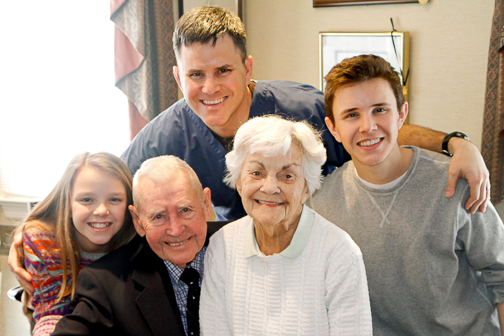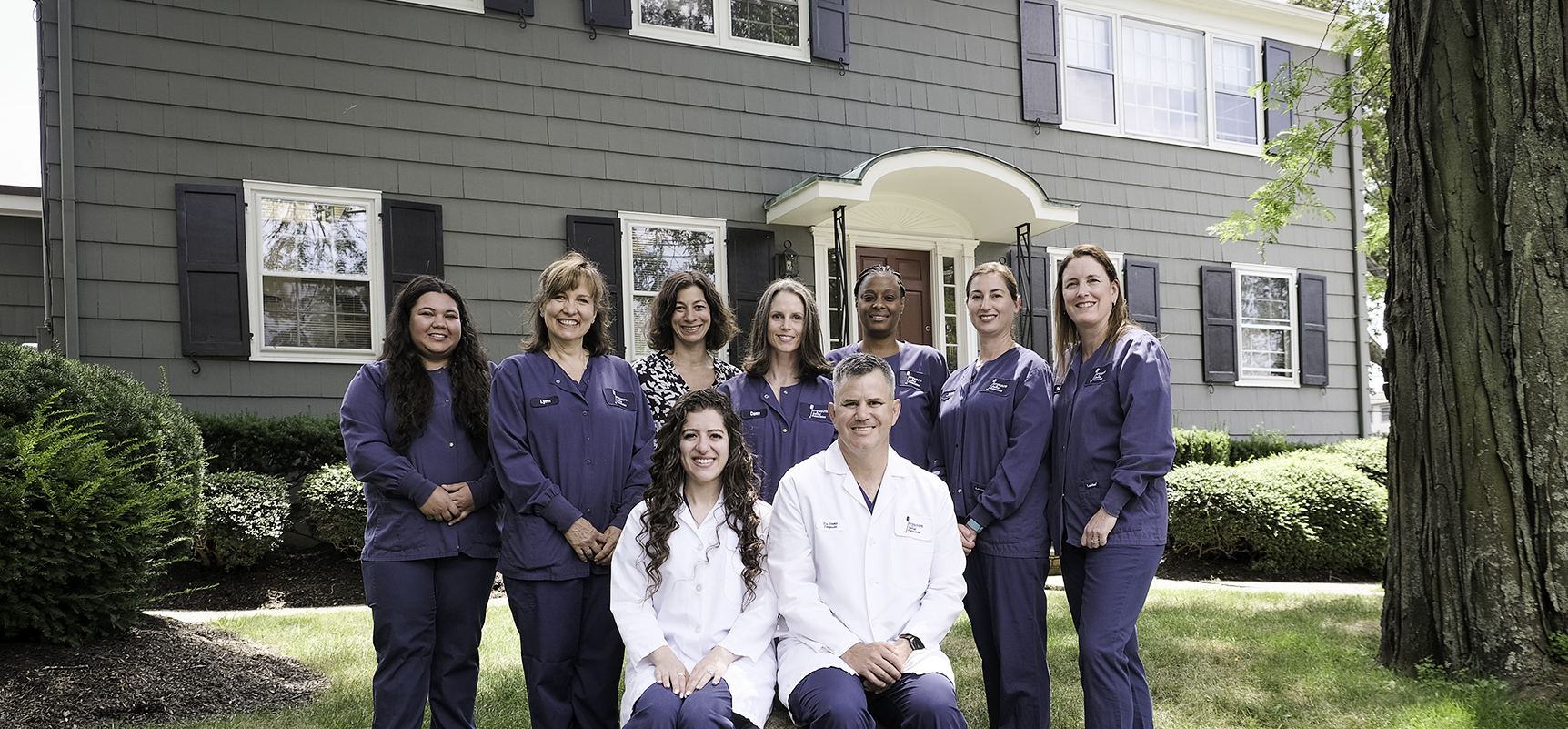
- © 2019 Ferguson Dental Associates 177 Gordonhurst Avenue Montclair, NJ 07043 - 973.744.3181 Contact Me 0


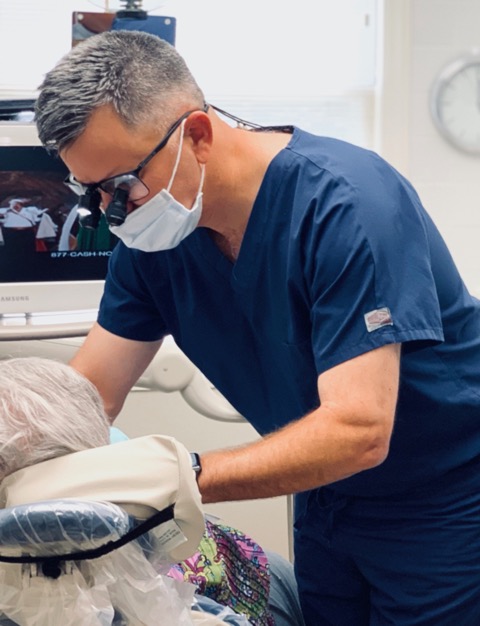
Protect Yourself Against Oral Cancer - Knowledge is Power
The mouth, tongue, gums, throat, and lips are sensitive tissues that often develop lesions or sores. In most situations, these sores are not cause for concern and quickly heal. However, Oral Cancer is a genuine concern that can occur among patients of any age or gender. Being aware of the signs and risk factors, as well as scheduling routine hygiene visits on a regular basis, can assist in early diagnosis.
Understanding Oral Cancer
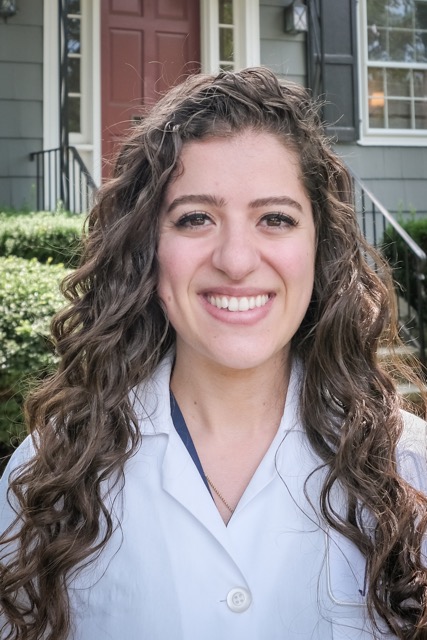
What to expect from a first visit to the dentist
Our office is a relaxed, family-oriented environment which accommodates the anxieties and needs of young patients. Aside from the kid-friendly office that features a fish tank, colorful toys and magazines, and fun prizes, the staff is committed to making the experience fun and stress-free for each child.
A child’s first visit is focused on meeting the office staff, getting comfortable in the office environment, and having a positive experience. As our hygienist Geri Caughey explains, “It is a great feeling to be a part of a child’s first dental visit. Many children arrive fearful, but by the end of their visit they are so proud of their smile! They can’t wait to tell family members and teachers about what a great experience they had at the dentist.” Our youngest patients can expect to have a “ride in the chair”, have their “teeth counted” while Dr. Ferguson or Dr. Joseph complete a quick exam, and receive a short talk on brushing and taking care of their teeth. Following the first visit, it is suggested that parents schedule follow-up appointments every six months.
Parents can expect our staff to check their child for early signs of decay or developmental problems, as well as answer any questions they might have. Hygienists will also explain exactly how to care for young teeth through brushing and flossing. It is important to know that our hygienists and dentists are experienced with hesitant and fearful patients. Our staff is prepared and committed to patiently work with the child and family towards a positive experience. This process of trust-building may occur over several consecutive office visits.
Children are special to us, and their dental needs, from toddlers to teens, vary widely. Our goal is to foster the growth of children who are prepared to maintain healthy teeth for a lifetime. We have developed a series of age-appropriate protocols for children as they pass through the many developmental stages between their first dental visit (usually between ages two and three) and adulthood. These guidelines are flexible and can be adapted to the needs of each child.
Dr. Jessica Joseph's daughter recently visited the office for her first official dental visit! 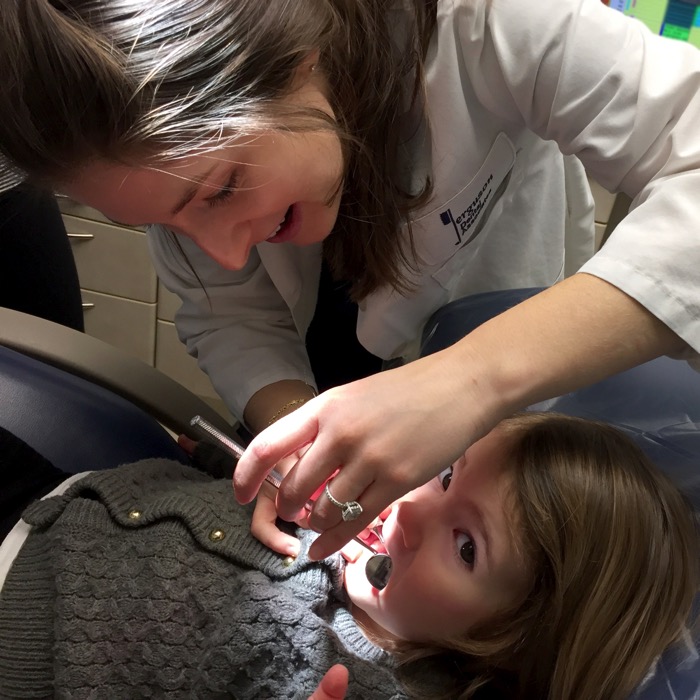

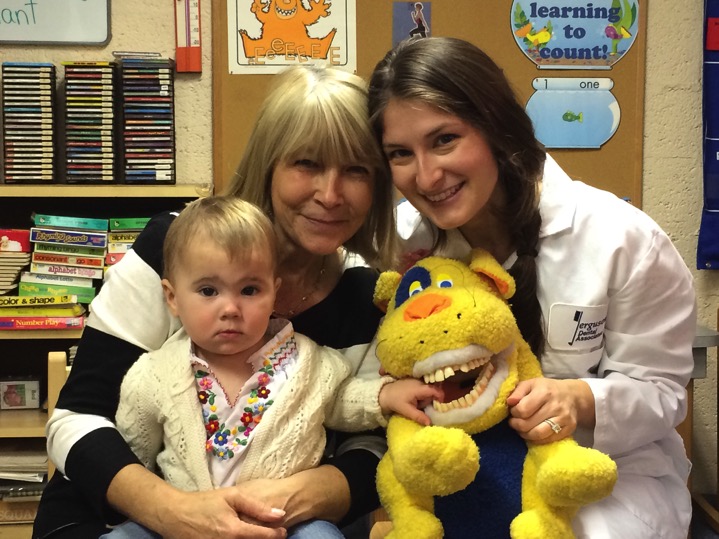

Common Dental Dangers for Teens
Guest Blog Post by
Mira Linaugh, Student Intern
Oral care is not just for young children and adults. Dental dangers that are most often targeted at teens can cause big problems in the future, but can be avoided through proper care!
Prominent concerns:
by Mira Linaugh, Student Intern
The ADA recommends that parents bring their children to the dentist soon after their first tooth comes in and no later than the child's first birthday. These early visits are informal and often occur as a child accompanies and older sibling or parent. We recommend that parents schedule their children’s first independent appointment before his or her third birthday. Even as a toddler, care and upkeep of primary teeth is integral to future oral health.
What to expect from a first visit to the dentist:
The Ferguson Dental Associates office is a very relaxed, family-oriented environment which accommodates the anxieties and needs of young patients. Aside from the kid-friendly office that features a fish tank, colorful toys and magazines, and fun prizes, the staff is committed to making the experience fun and stress-free for each child.
A child’s first visit is focused on meeting the office staff, getting comfortable in the office environment, and having a positive experience. As our hygienist Geri Caughey explains, “It is a great feeling to be a part of a child’s first dental visit. Many children arrive fearful, but by the end of their visit they are so proud of their smile! They can’t wait to tell family members and teachers about what a great experience they had at the dentist.” Our youngest patients can expect to have a “ride in the chair”, have their “teeth counted” while Dr. Ferguson or Dr. Joseph complete a quick exam, and receive a short talk on brushing and taking care of their teeth. Following the first visit, it is suggested that parents schedule follow-up appointments for every six months.
Parents can expect our staff to check their child for early signs of decay or developmental problems, as well as answer any questions they might have. Hygienists will also explain exactly how to care for young teeth through brushing and flossing. It is important to know that our hygienists and dentists are experienced with hesitant and fearful patients. Our staff is prepared and committed to patiently work with the child and family towards a positive experience. This process of trust-building often occurs over several consecutive office visits.
School Visits:
Our dentists and hygienists frequently visit elementary schools to teach young students about oral health. They aid children in learning the importance of a healthy smile and the correct techniques of brushing and flossing. This dental education promotes good habits that will last a lifetime!
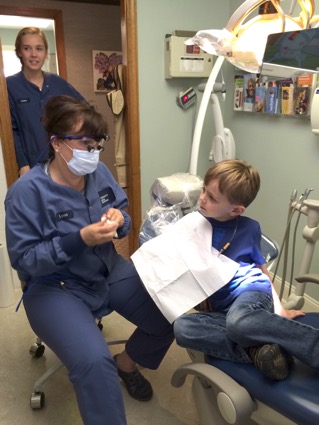
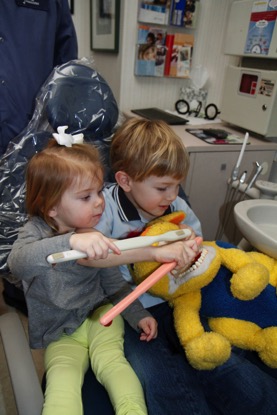

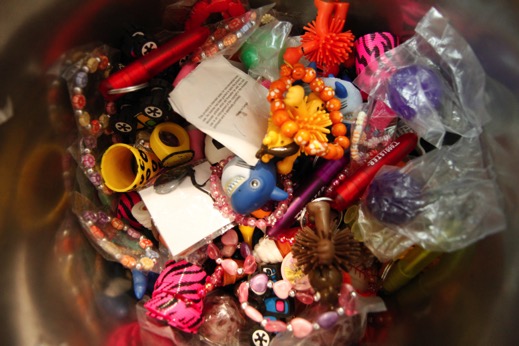


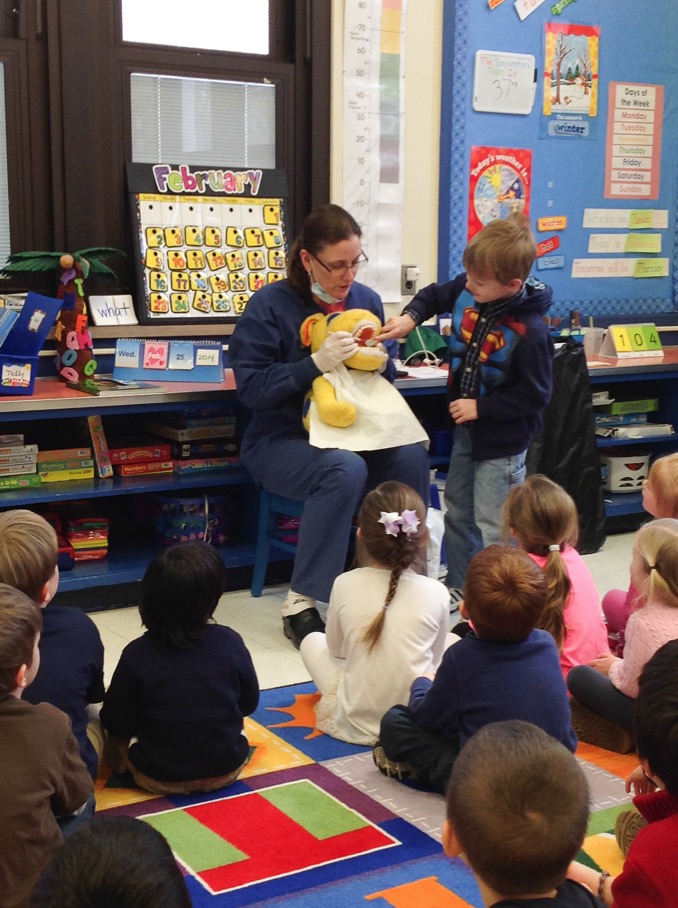
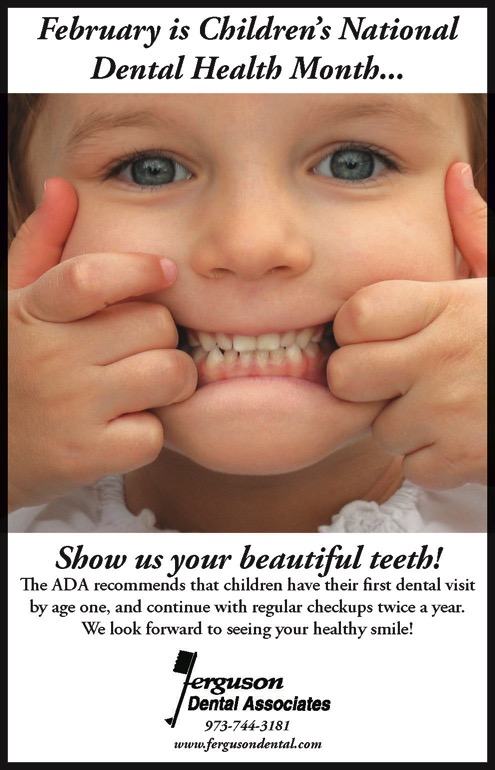
Our staff is gearing up to celebrate National Children’s Dental Health Month in February and brought their children to work to take a few photos for educational materials and ads we’re working on. Dr. Ferguson and his staff will be visiting local schools to discuss oral health care with students throughout the month.
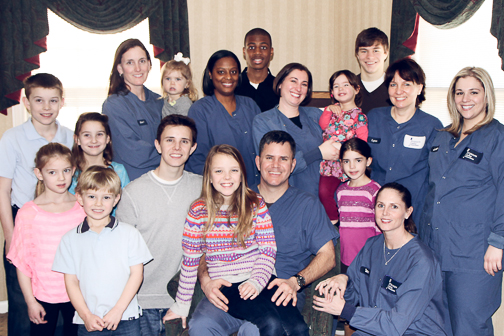
Pictured above is our fantastic staff and their adorable children!
Below is Dr. David Ferguson with his grandparents,
Dr. and Mrs. Richard Ferguson, and two of his three children.